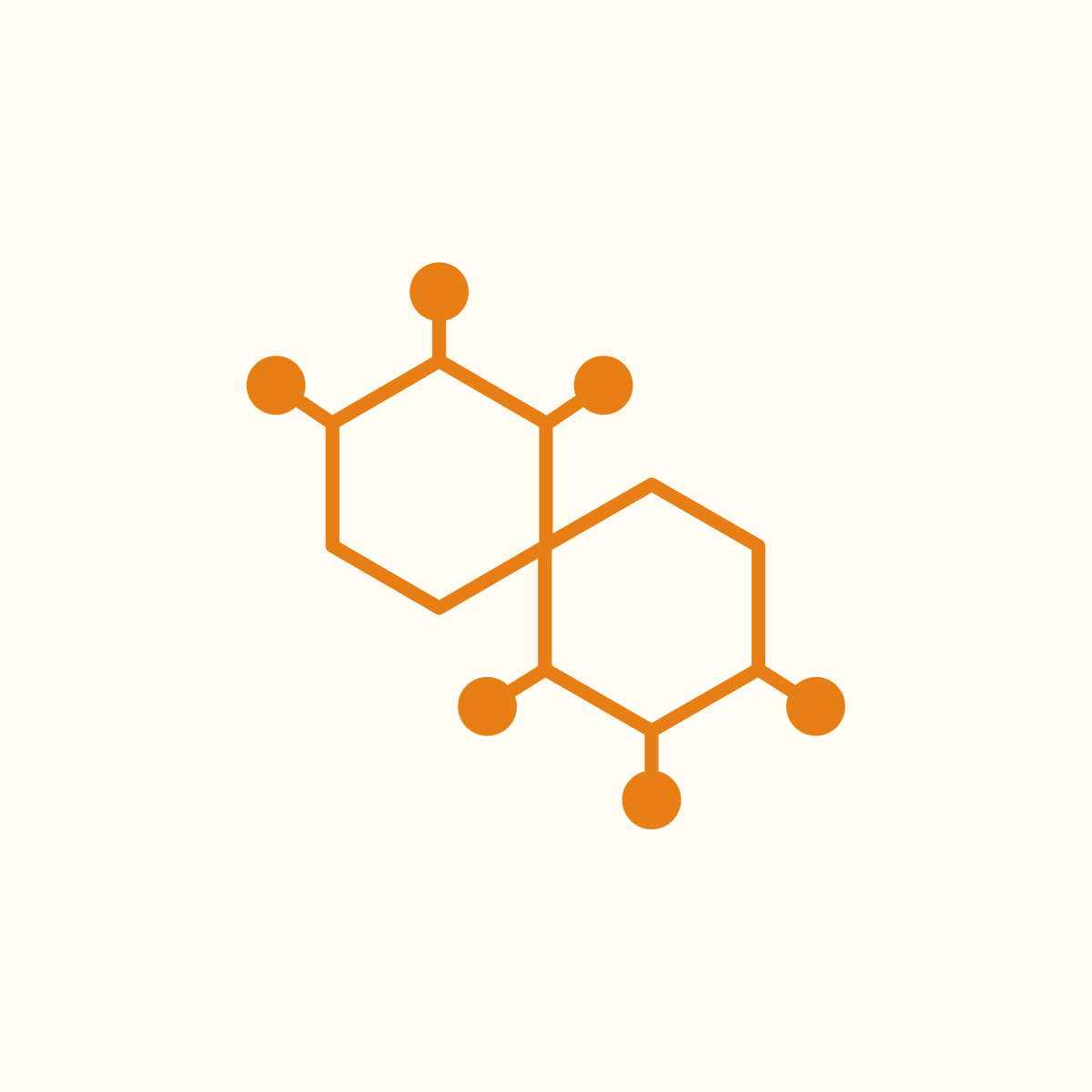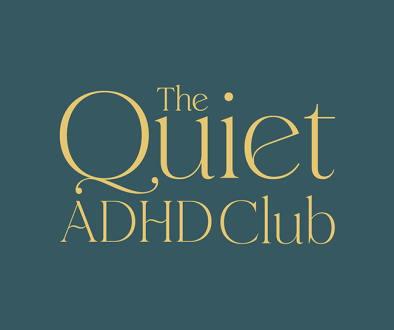Navigating ADHD as a woman: understanding hormonal influences

Please note: Throughout this article, the term “women” is used to encompass all individuals who are assigned female at birth (AFAB), as the research discussed primarily focuses on this population.
If you are a woman living with ADHD, it’s important to understand how your hormonal landscape can significantly impact your ADHD Symptoms.
This includes:
- Your menstrual cycle
- Any hormonal imbalances
- Different life stages (pregnancy, perimeopause, menopause)
- Emerging research sheds light on these connections, offering valuable insights for managing your condition both individually and in your relationships.
Hormones and ADHD
The landscape of women’s health research is hard-fought and frequently under threat, with recent funding cuts directly causing the termination of Women’s Health Initiative (WHI) contracts at the end of the fiscal year in the United States. This key women’s health initiative has done important research regarding hormones and women’s health, including preventing an estimated 126,000 breast cancer cases with their findings from the Estrogen plus Progestin trial. These cuts and alterations, while seemingly distant, have tangible consequences.
Because hormones play an important role in ADHD, research into hormone behaviour is crucial – for women’s physical health and mental wellbeing. The potential loss of insights into how these hormonal shifts exacerbate ADHD symptoms translates to delayed diagnostic advancements and potentially less effective treatment strategies for women worldwide.
This creates a challenging environment where women with ADHD may find themselves with limited access to specialised care and a lack of tailored research to support their needs. In light of these funding uncertainties, it becomes even more crucial for women to equip themselves with information about how hormones affect their condition.
While we can’t directly control funding decisions, we can empower ourselves by staying informed, advocating for change, and fostering a community where the health of women remains a priority. By doing so, we can navigate the current climate and contribute to a future where women with ADHD receive the comprehensive, evidence-based care they deserve.
ADHD Throughout the Menstrual Cycle
The ebb and flow of hormones during your menstrual cycle can have a noticeable impact on ADHD symptoms. Research indicates that periods of rapid decline in oestrogen levels are particularly associated with an increased risk of more pronounced ADHD symptoms. Specifically, these hormonal shifts can exacerbate challenges with focus and concentration, increase impulsivity, and make it harder to manage emotional responses.
As highlighted in a study published in Hormones and Behaviour, these drops in oestrogen can affect executive functions (EF) – the cognitive skills that help us plan, organise, and manage tasks, as well as our overall trait control at two distinct points in the menstrual cycle. This means that during certain phases, you might find tasks requiring sustained attention or careful planning particularly difficult.
Furthermore, these hormonal shifts and both positive and negative emotions can exacerbate ADHD symptoms. This suggests that fluctuations in your cycle might lead to greater challenges with focus, impulsivity, and emotional regulation at certain times of the month.
Beyond the individual experience, the hormonal shifts of the menstrual cycle can introduce specific challenges within a couple relationship for a woman with ADHD. The increased emotional dysregulation and irritability often linked to oestrogen decline can lead to:
- Heightened conflict. Partners might find themselves navigating more frequent disagreements or misunderstandings during these times. See my blog post on navigating disagreements in your relationship.
- Communication difficulties. Reduced executive function can make it harder to articulate feelings calmly and listen effectively, leading to frustration for both individuals.
- Intimacy challenges. Fluctuations in mood and energy levels can impact desire and the ability to connect intimately.
- Increased reliance on partners. The woman with ADHD might need support with organisation and emotional support during these periods. Open communication and mutual understanding about these cyclical changes are key to navigating these potential relationship hurdles.
ADHD and Polycystic Ovary Syndrome (PCOS)
Polycystic Ovary Syndrome (PCOS), a common hormonal disorder, has also been linked to ADHD. A study published in The International Journal of Psychiatry in Medicine suggests that women with PCOS tend to experience higher levels of ADHD symptoms compared to those without the condition. The hormonal imbalances inherent in PCOS, such as elevated androgens, may contribute to these increased difficulties with attention, hyperactivity, and impulsivity.
While further research is needed to fully understand the nature of this association, these findings indicate a potential overlap between these two conditions and underscore the importance of considering hormonal health when managing ADHD in women. If you have been diagnosed with one of these conditions, it might be beneficial to discuss the potential for the other with your healthcare provider to ensure a comprehensive approach to your well-being.
The presence of PCOS alongside ADHD can introduce a unique set of challenges that may affect a couple relationship. The hormonal imbalances associated with PCOS can contribute to:
- Mood swings and emotional volatility. These can be unpredictable, making your support needs unpredicatable.
- Body image issues and self-esteem. PCOS can cause physical changes that affect a woman’s self-perception, potentially impacting intimacy and confidence within the relationship.
- Fatigue and reduced libido. Hormonal fluctuations and associated symptoms of PCOS can lead to decreased energy and sexual desire, which can be a source of tension. See my resource on reigniting passion in your relationship.
- Difficulties with planning and commitment. The combined impact of ADHD and PCOS symptoms might make it harder to follow through with plans or maintain consistent routines as a couple.
For couples navigating this, empathy, patience, and a willingness to learn about both conditions are crucial for maintaining a strong connection.
ADHD and the Menopause
The transition through perimenopause and menopause brings about significant hormonal changes, most notably a decline in oestrogen levels. As outlined by Berkshire Healthcare NHS Foundation Trust, this drop in oestrogen can directly impact neurotransmitters in the brain that are crucial for attention, emotional regulation, organisational skills, and memory. These are, of course, core areas that are often already challenged in individuals with ADHD.
While women without ADHD may also experience these effects, for those with a pre-existing diagnosis, the perimenopause and menopause can lead to a worsening of ADHD symptoms. This increased severity may necessitate more specialised treatment and management strategies to navigate this life stage effectively. Open communication with healthcare professionals who understand both ADHD and menopausal health is paramount to ensuring you receive the appropriate guidance and interventions to maintain your quality of life during this time.
Understanding these hormonal influences is a crucial step towards better managing your ADHD. By tracking your cycle, being aware of potential hormonal imbalances like PCOS, and recognising the impact of perimenopause and menopause, you can work with healthcare professionals to develop tailored strategies to mitigate the fluctuating effects of ADHD throughout your life. This proactive approach can lead to improved symptom management, enhanced well-being, and a greater sense of control over your daily life.
The significant hormonal shifts of perimenopause and menopause can bring about changes that ripple through a couple relationship for a woman with ADHD. The decline in oestrogen can lead to:
- Increased irritability and anxiety. These emotional changes can impact the overall relationship dynamic and create tension.
- Feelings of Overwhelm. The combination of physical and emotional symptoms can make it difficult to manage daily life, leading to feelings of overwhelm.
- Cognitive difficulties affecting shared responsibilities. Worsening memory and organisational skills can lead to difficulties with household tasks and commitments.
- Changes in intimacy and connection. Hormonal shifts can affect libido and physical comfort, potentially impacting intimacy.
- Partner feeling like a caregiver. If symptoms become more severe, the partner might feel an increased responsibility for providing support, potentially shifting the dynamic of the relationship. This can lead to an imbalance of mental load in your relationship.
Navigating this phase requires open dialogue, mutual support, and a willingness to adapt to the changing needs and experiences of the woman going through menopause. Seeking information and support together can strengthen the bond during this transition.
Want specialised support with transforming your couple relationship? See my Neurodiversity Relationship Clinic and discover inclusive couples therapy and coaching.



